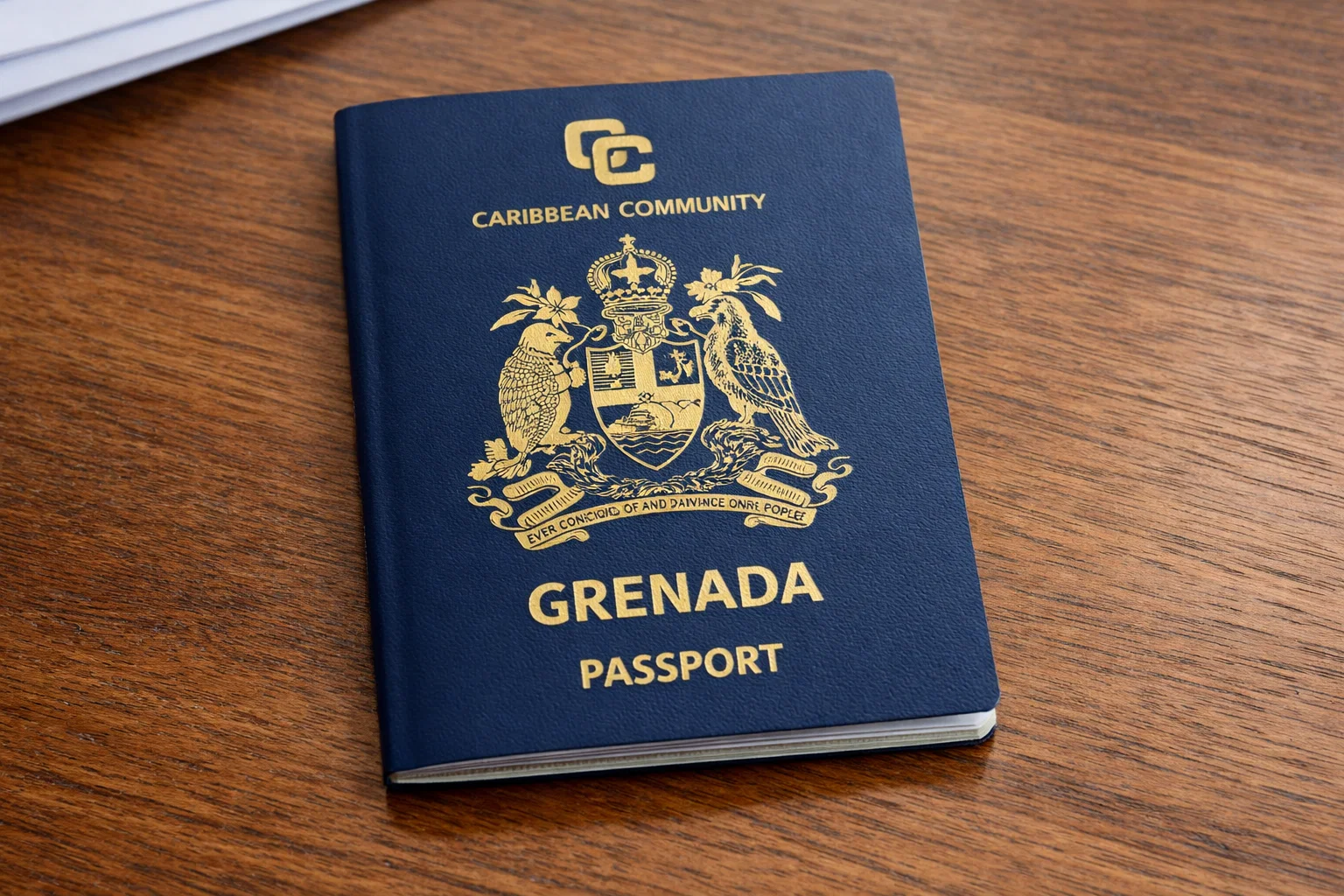Portugal's Strategic Move: Extending Residence Permit Validity
In a significant development, Portugal has extended the validity of residence permits that were set to expire between February 22, 2020, and June 30, 2025, until October 15, 2025. This measure comes as a response to an overwhelming administrative backlog in processing renewal applications, which has affected thousands of immigrants, including those from India.
Addressing the Administrative Backlog
The automatic extension aims to provide temporary relief to permit holders amidst delays in processing renewals. Importantly, this extension does not require any additional action from the permit holders. However, starting October 15, 2025, those who have submitted renewal applications with the Institute of Registries and Notary (IRN) will be eligible for an additional 180-day extension from the date of their application, provided they can show proof of submission.
Impact on Golden Visa Holders
Portugal's decision comes alongside broader immigration reforms, including significant changes to the golden visas program. The real estate investment route under the Golden Visa scheme has been phased out, which was previously a popular path for many international investors. These changes reflect the increasing pressure on public services and the need for more sustainable immigration policies.
Stricter Citizenship Rules
In addition to extending residence permits, Portugal has tightened its citizenship rules, doubling the effective wait time for foreigners applying for naturalization. Under the new policy, the five-year residency requirement for citizenship eligibility starts only after the issuance of a formal residence permit, a shift from the earlier practice where time counted from the date of application.
Why These Changes Are Crucial
These reforms are crucial for managing the increased volume of applications and ensuring that the immigration system can support new residents effectively. Portugal was once known for its relatively open immigration policies and fast-track naturalization path, but post-COVID realities have necessitated these adjustments. The automatic permit extensions and stricter rules aim to strike a balance between welcoming new residents and maintaining sustainable immigration practices.
Conclusion
As Portugal navigates these changes, the impact on both current residents and potential newcomers will be significant. The ongoing reforms highlight the importance of adaptability in immigration policies amidst global shifts. For those affected, understanding these new regulations and their implications will be key to planning their future in Portugal.
 Portugal
Portugal
 Spain
Spain Italy
Italy Greece
Greece Grenada Citizenship by Investment
Grenada Citizenship by Investment








.svg)